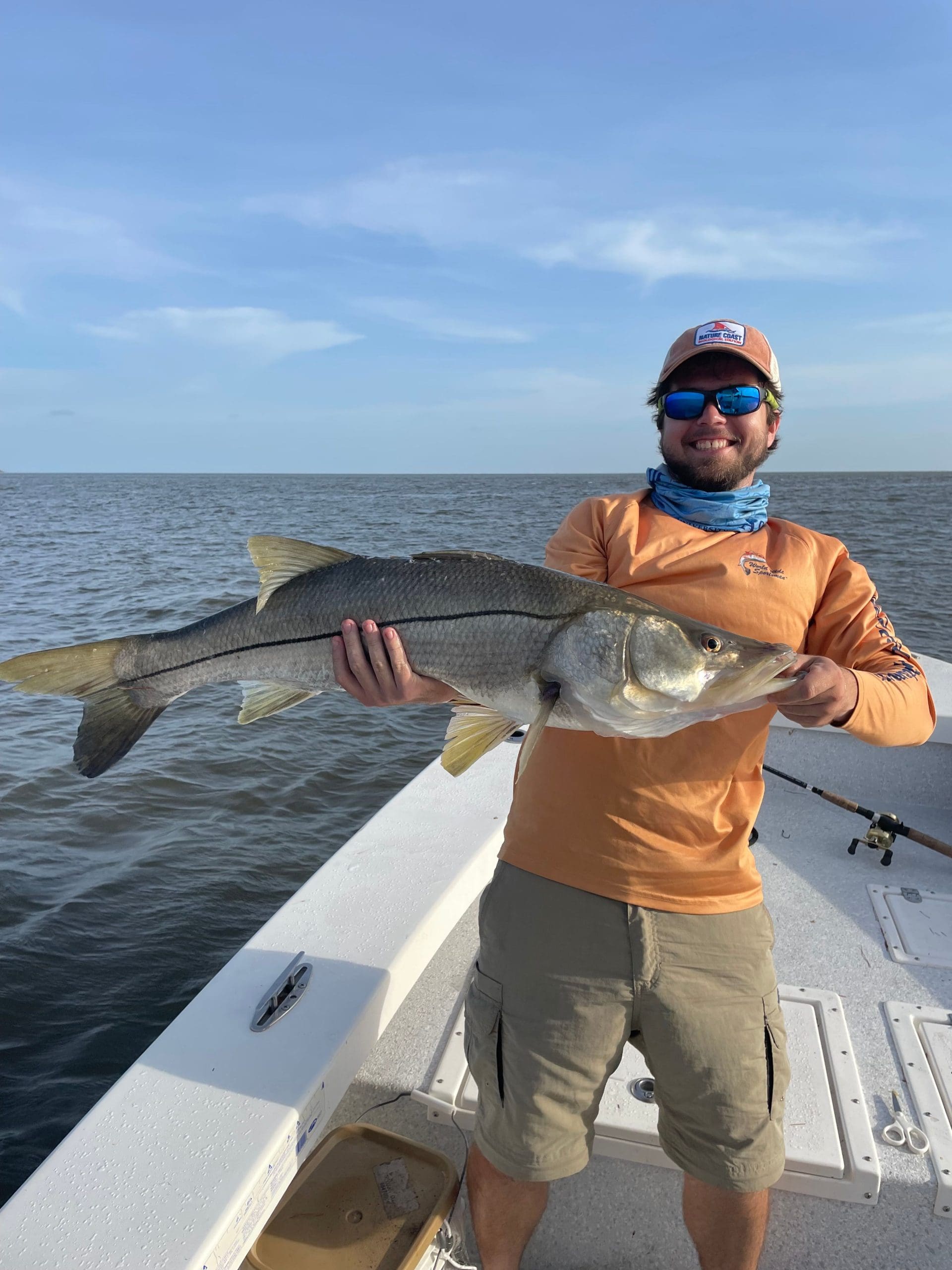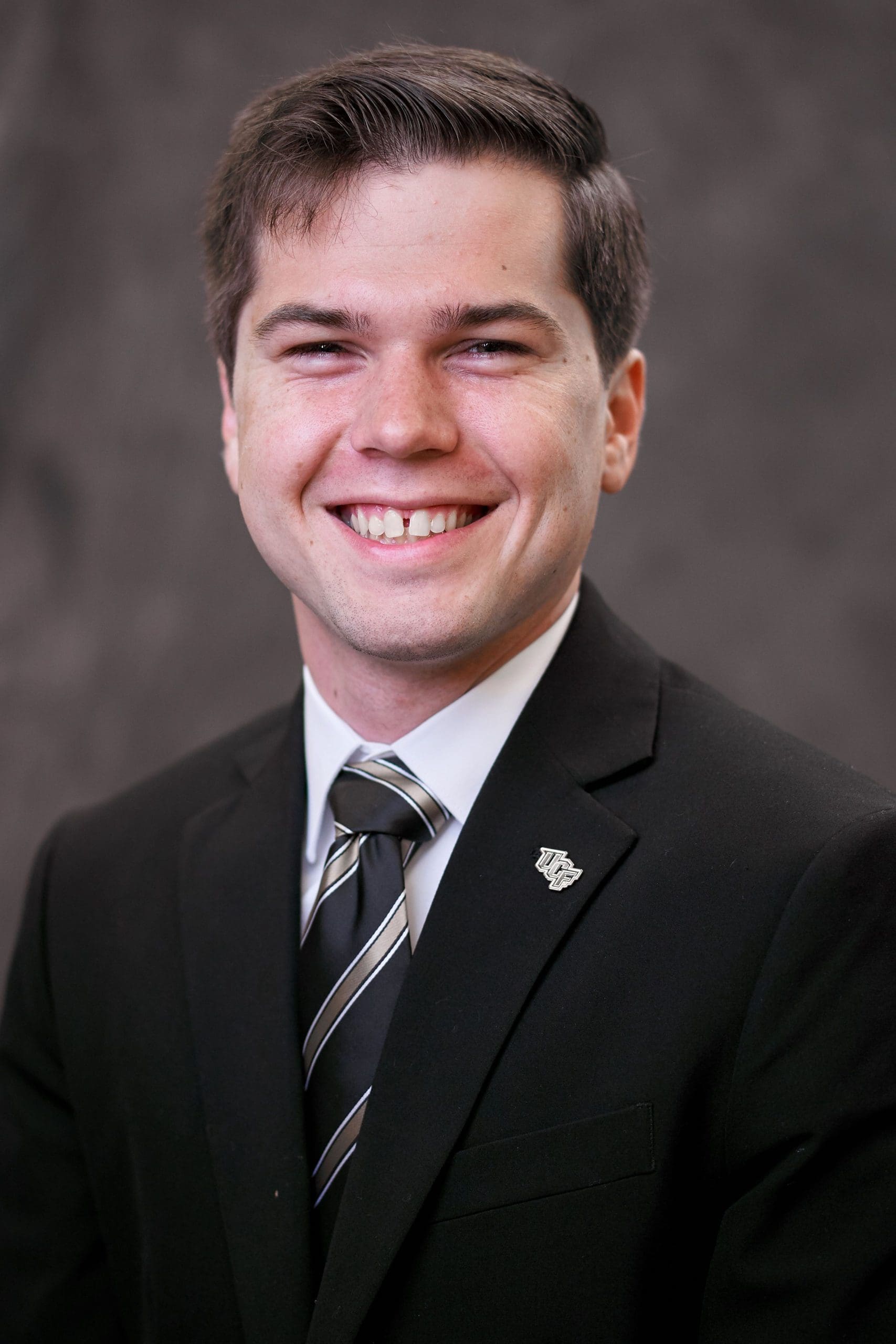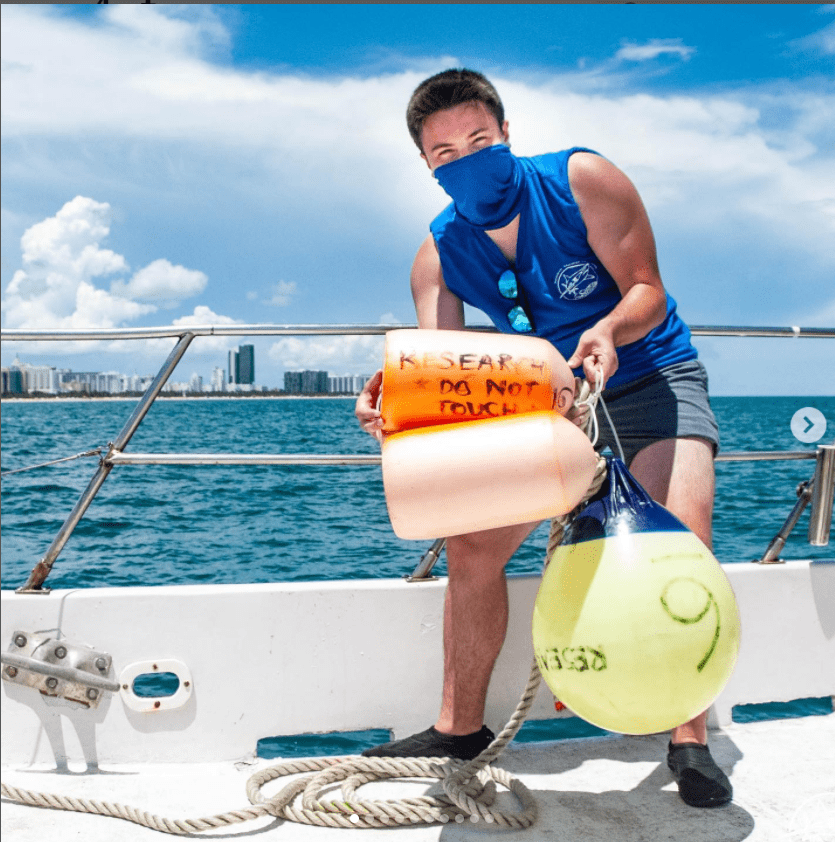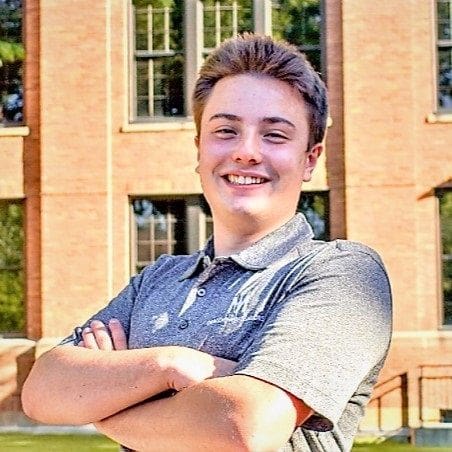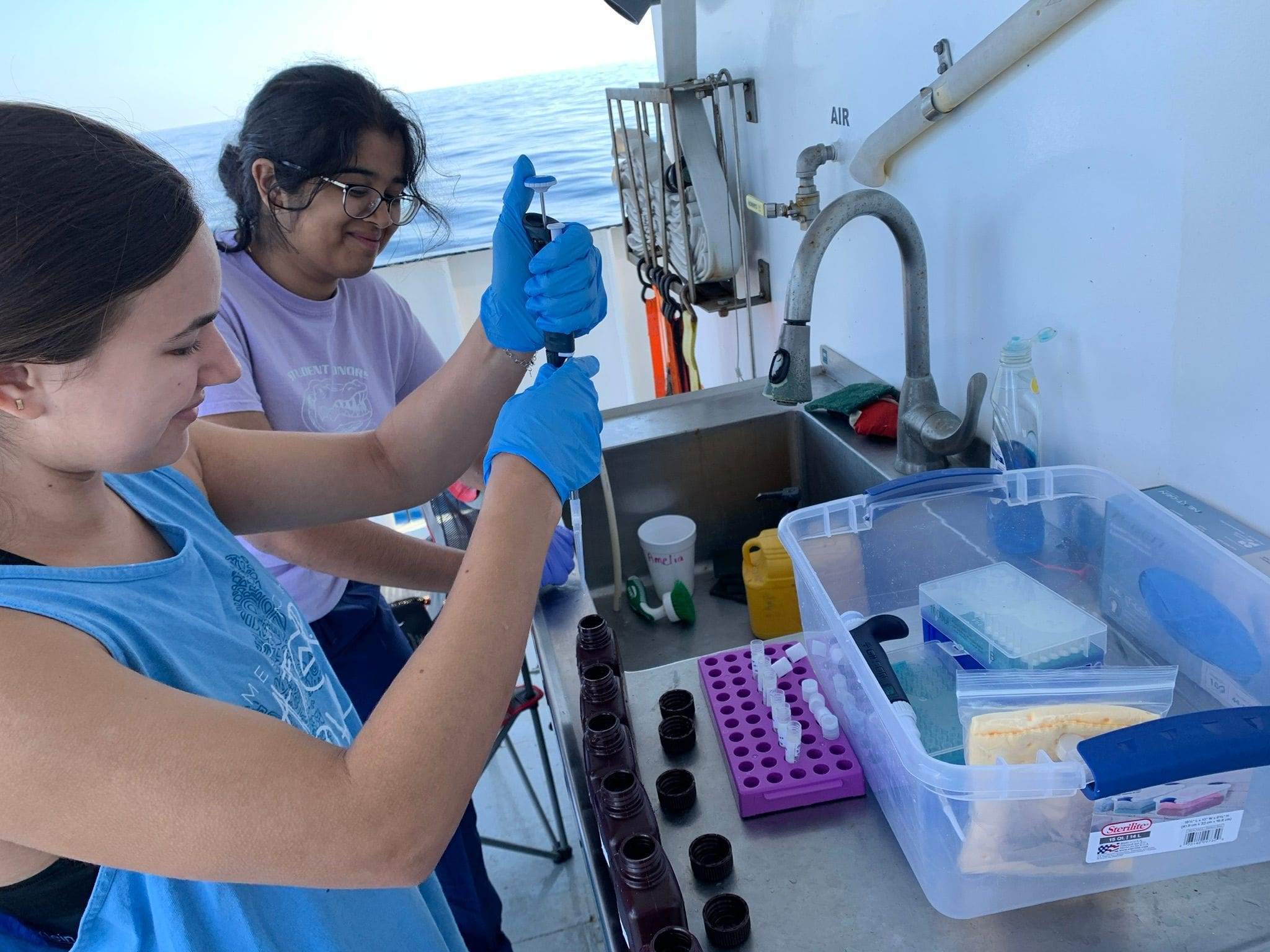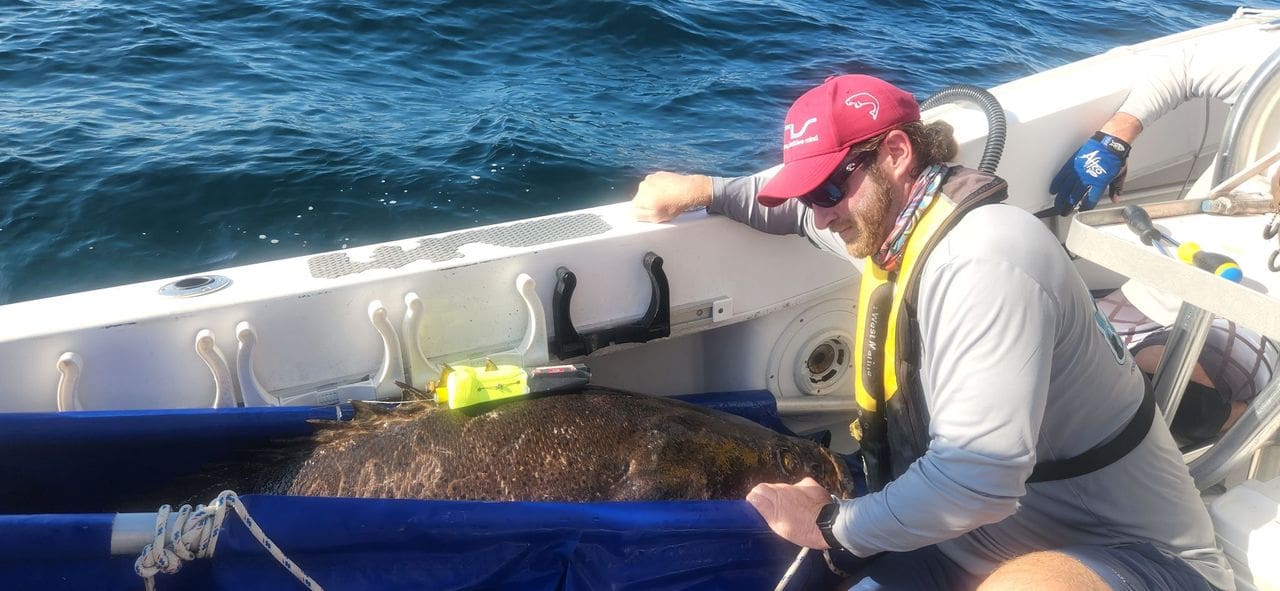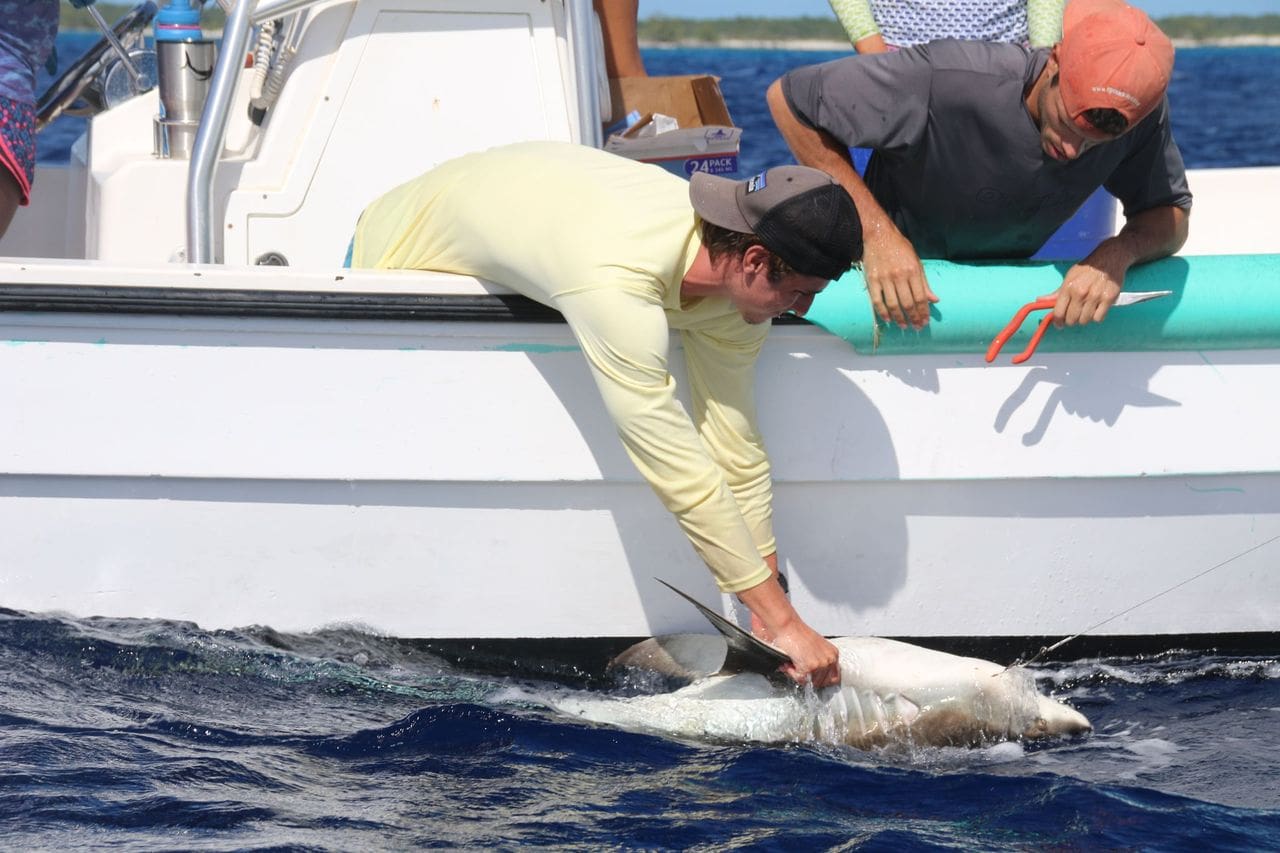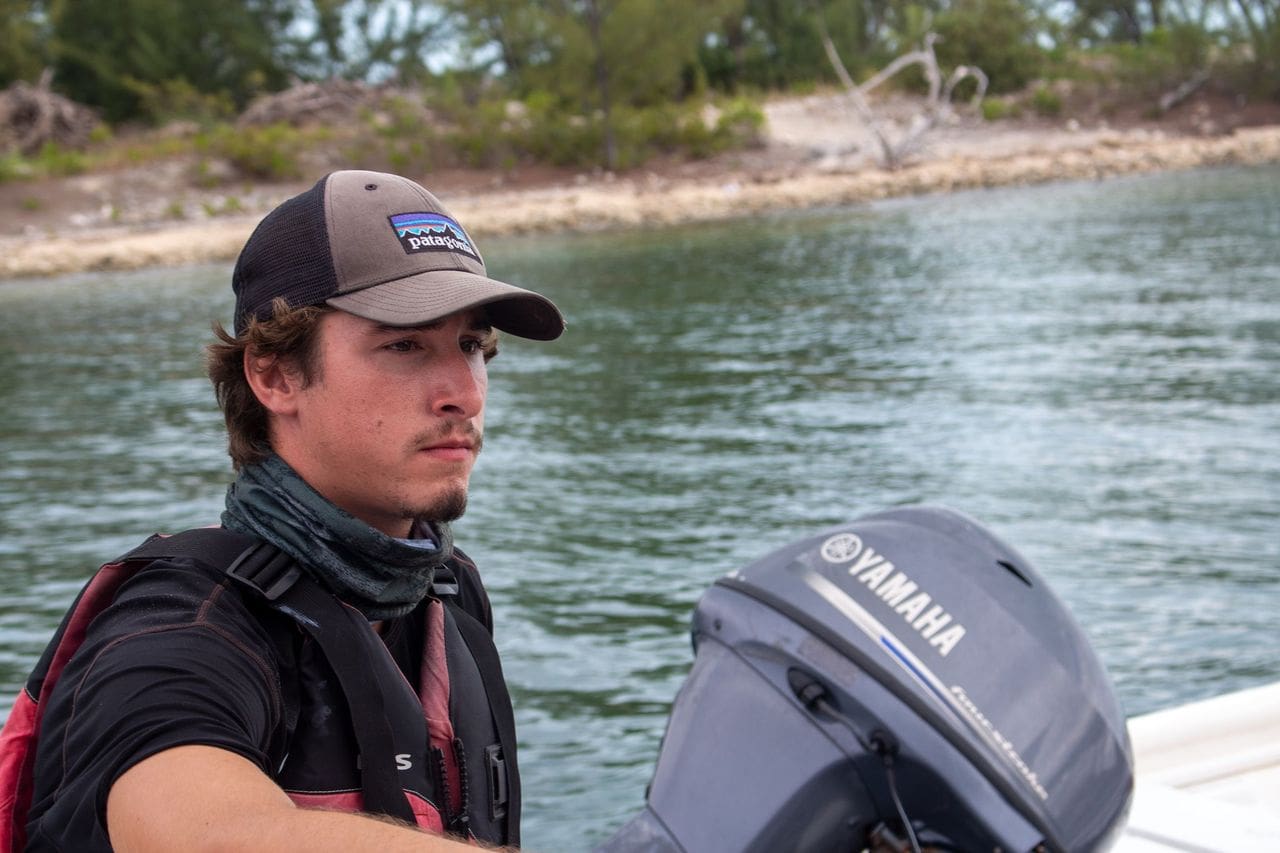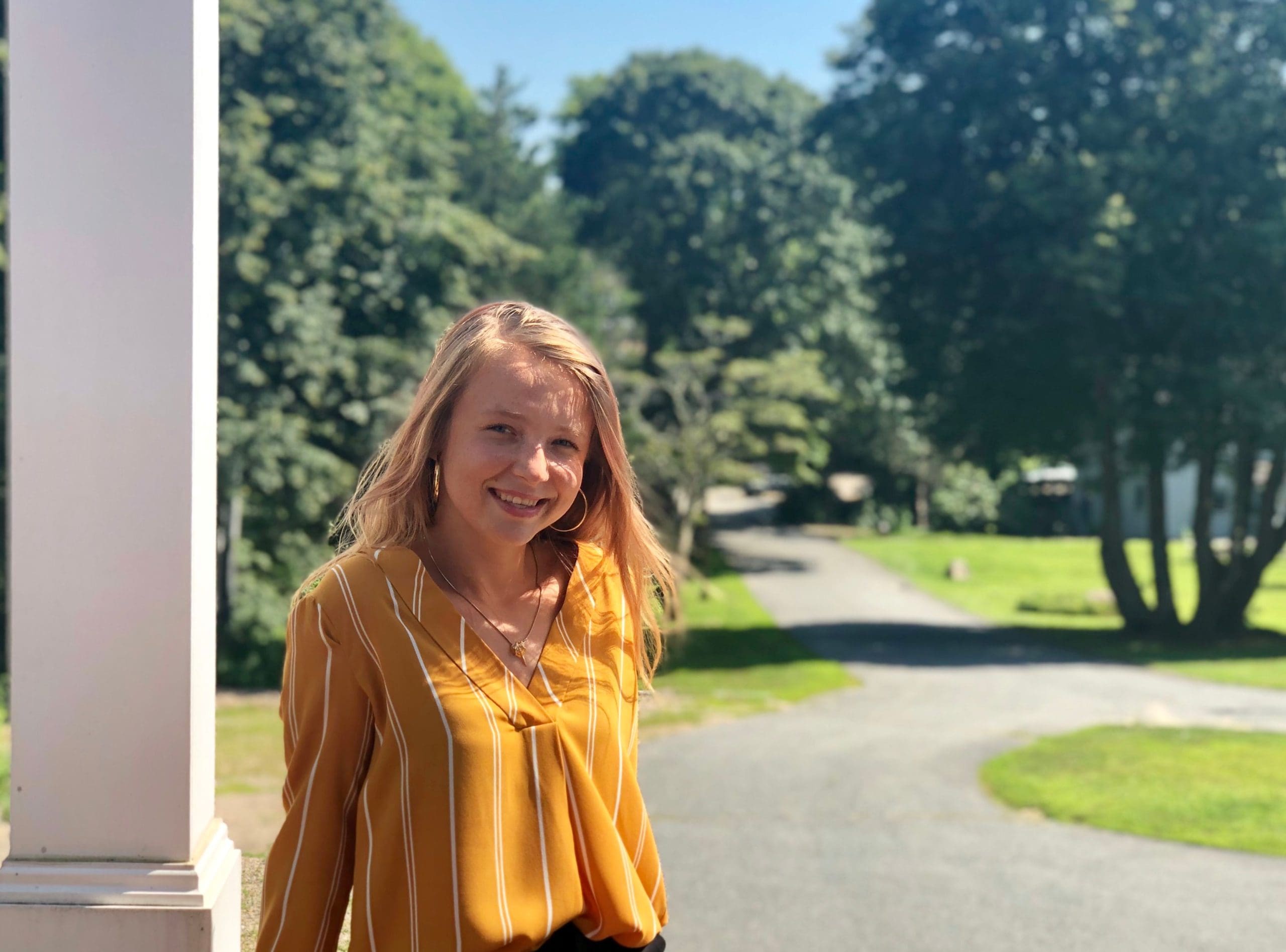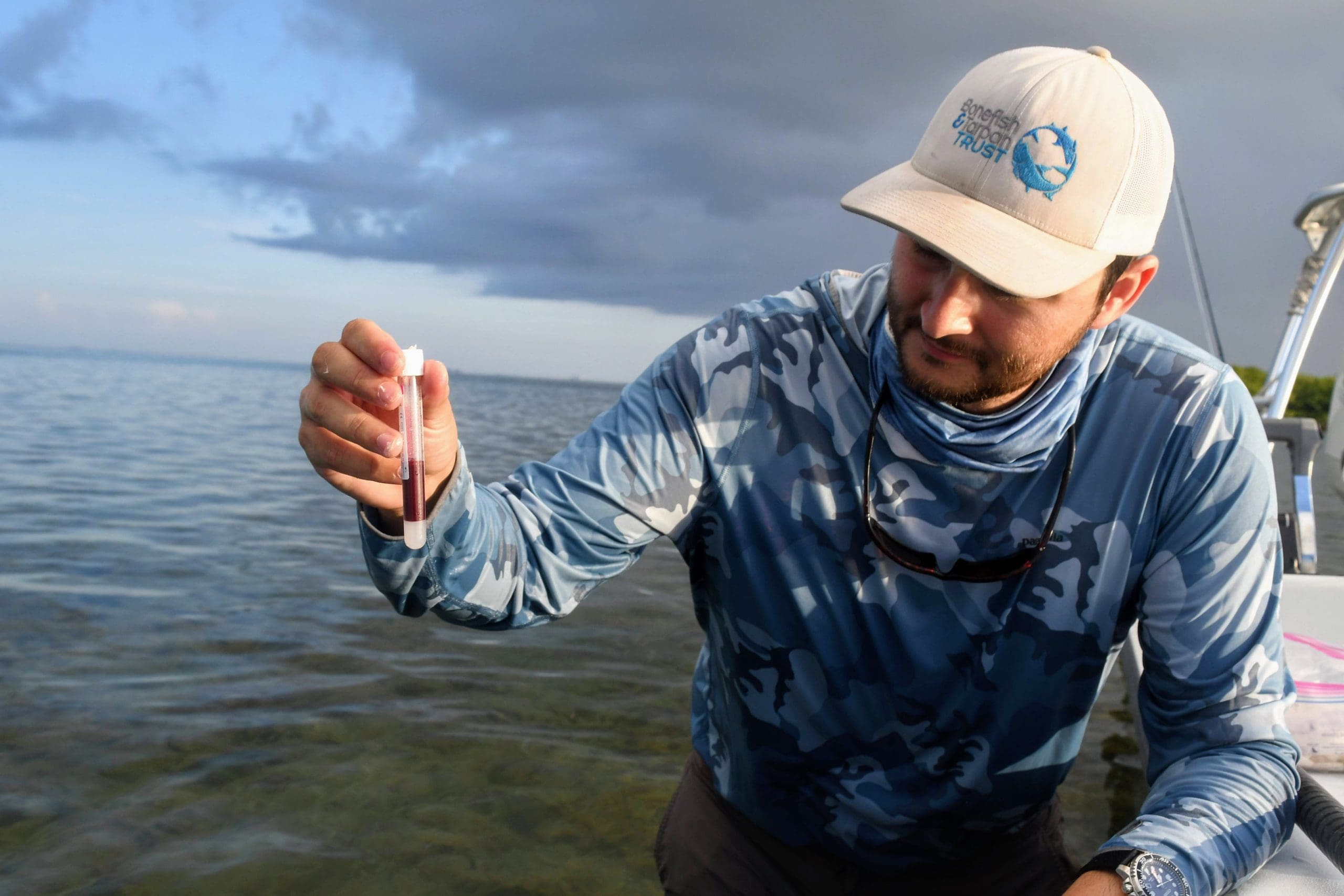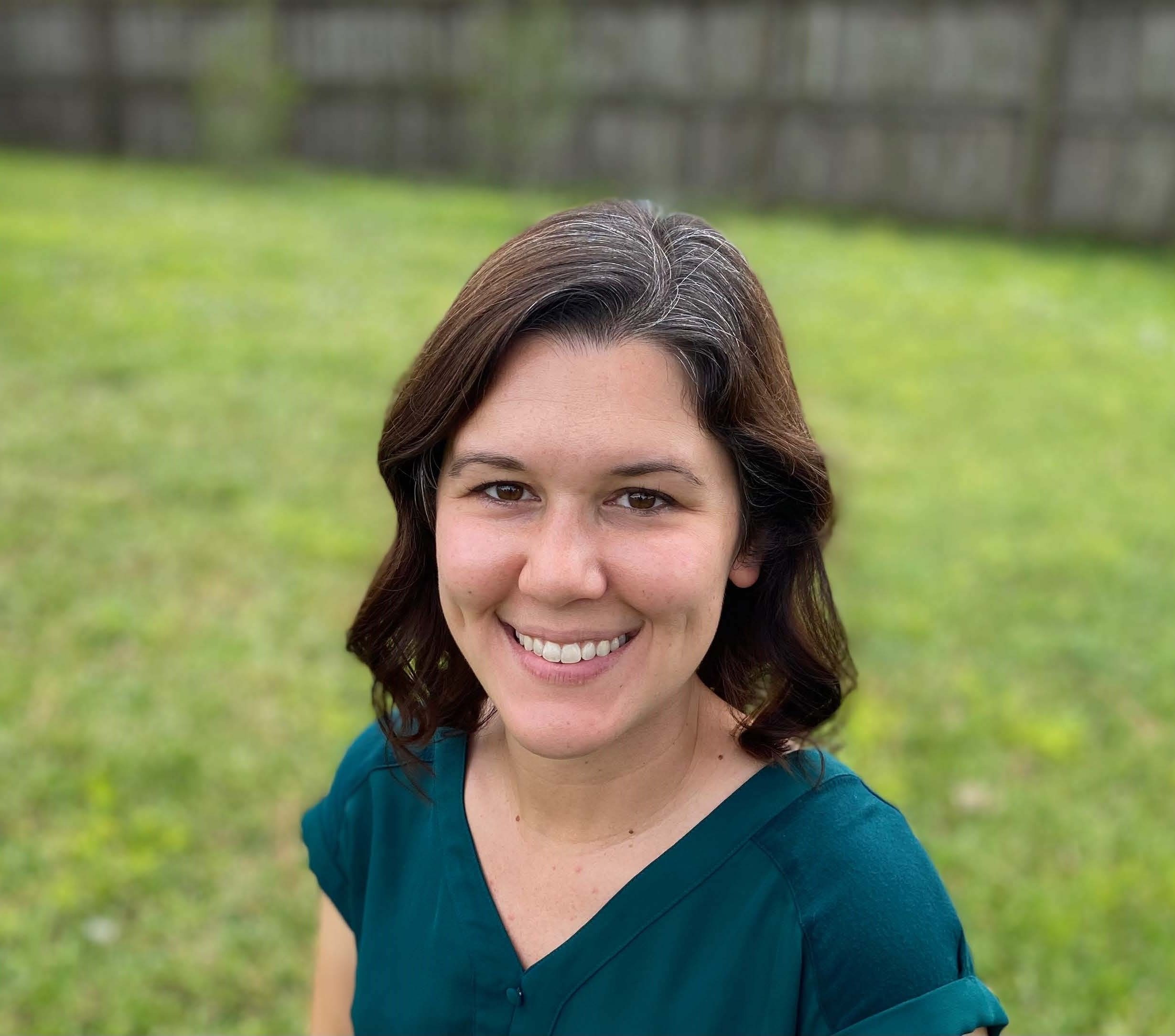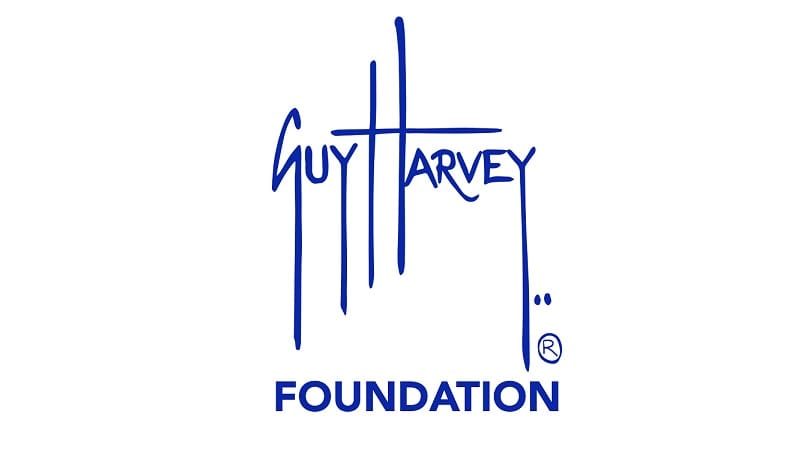
With a focused mission to better understand and conserve the ocean environment, the Guy Harvey Foundation (GHF) collaborates with local, national and international organizations to conduct scientific research and provides funding to affiliated researchers who share this objective. As part of that mission, the non-profit organization annually recognizes undergraduate and graduate students at Florida colleges and universities whose research focuses on the biology, ecology, habitat or management of sustainable marine fisheries in Florida’s marine environment with a $5,000 Guy Harvey Scholarship Award.
The eight 2022 Guy Harvey Scholarship Award recipients are:
Florida Atlantic University: Natalia Jaworski and Clark Morgan
Florida Institute of Technology: Shannon Barry
Florida International University: Nicholas Castillo
Jacksonville University: Jack Dales
University of Florida: Ashley Ohall and Adam Searles
University of South Florida, St. Petersburg: Alex Siegel
In addition to the scholarship, each student receives a certificate designed and signed by world-renowned marine wildlife artist, conservationist and GHF Founder/Chair Emeritus, Dr. Guy Harvey.
“It is vitally important that we fund research and also support the efforts of the next generation of marine researchers, scientists and conservationists,” said Dr. Harvey. “With these scholarships, we can continue to inspire and attract more bright young minds as they pursue research opportunities that will ensure a properly balanced ocean ecosystem for years to come.”
The Guy Harvey Scholarship Award was established in 2010 through a partnership between Florida Sea Grant and the Guy Harvey Foundation. Since then, 74 students from 11 different Florida colleges and universities have received more than $359,000 in scholarships.
Applications for the 2023 Guy Harvey Scholarship Award will open later this summer. Stay up to date on application requirements and deadlines at https://www.flseagrant.org/student-opportunities/, or contact Florida Sea Grant Student Programs Coordinator Cassandra Sexon at students@flseagrant.org.
Synopsis of Scholarship Recipients
Florida Atlantic University
Natalia Jaworski, from Chicago, is a graduate student at FAU’s Harbor Branch Oceanographic Institute studying environmental science. Her work focuses on quantifying the impacts of prey density on predator consumption. In collaboration with Dr. Matthew Ajemian and Mote Marine Lab, Jaworski will study the individual functional responses of white-spotted eagle rays and other shell-crushing predators that are predating on hard clams.
Clark Morgan, from Orlando, is a Ph.D. candidate at FAU’s Harbor Branch Oceanographic Institute studying marine science and oceanography. His research focuses on generating knowledge that contributes to the sustainable management of the goliath grouper fishery by monitoring fine-scale behavior and investigating best catch and release practices optimal for barotrauma mitigation.
Florida Institute of Technology
Shannon Barry, from Woodridge, Illinois, is a biological sciences Ph.D. candidate at Florida Institute of Technology whose research focuses on the genetic diversity of bull sharks that are migrating poleward in response to climate change. Barry and fellow research collaborators expect to collect and extract DNA samples from more than 1,000 bull sharks throughout the Gulf of Mexico, the Caribbean and northwestern Atlantic Ocean.
Florida International University
Nicholas Castillo is from Fort Myers, Florida and an environmental science, fish ecology and ecotoxicology Ph.D. candidate at Florida International University. His research focuses on studying the presence, exposure and potential risks of pharmaceutical contaminants in coastal marine ecosystems and bonefish fisheries in South Florida and the Caribbean Basin.
Jacksonville University
Jack Dales, from Kalamazoo, Michigan, is pursuing a master’s degree in marine science at Jacksonville University and is investigating how abiotic and biotic factors of geographically distinct nursery habits affect juvenile lemon sharks. Dales is also studying nursery habitats along the southwest coast and Bahamas, using stable isotope analysis and acoustic telemetry.
University of Florida
Ashley Ohall is from Tampa and is an undergraduate student at UF’s College of Agricultural and Life Sciences majoring in biotechnology. Her research focus is studying the effects of varying nitrogen conditions on photosynthetic processes and cultural growth in the marine diatom Thalassiosira pseudonana. Ohall also works at the Durham Lab within the Department of Biology.
Adam Searles from Palm Bay, Florida, is Ph.D. candidate of interdisciplinary ecology and works within the School of Natural Resources and Environment at UF. His research assesses the impacts of tropical marine herbivores on local fisheries and habitats by identifying and comparing the diets of herbivorous fishes via stomach content analysis.
University of South Florida, St. Petersburg
Alex Siegel, from Moorhead, Minnesota, is a graduate student pursuing a masters in conservation biology at the University of South Florida, St. Petersburg. His research focuses on evaluating the potential species and habitat benefits in the restoration site of the Robinson Preserve, a more than 600-acre coastal preserve located in northwestern Bradenton in Florida. Siegel will utilize environmental DNA (eDNA) to evaluate the spatial and temporal biodiversity of migratory animals, such as sharks and large bony fishes, monitoring where they go and how long they are utilizing the preserve as a nursery.
